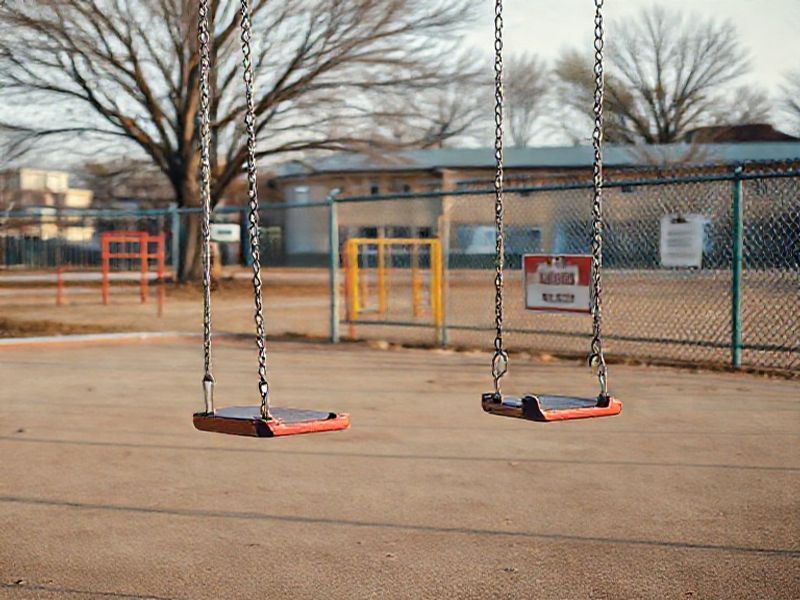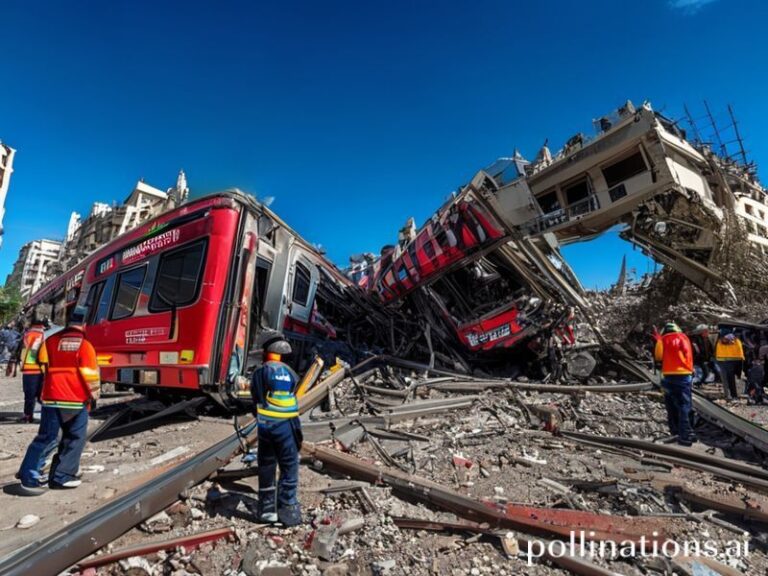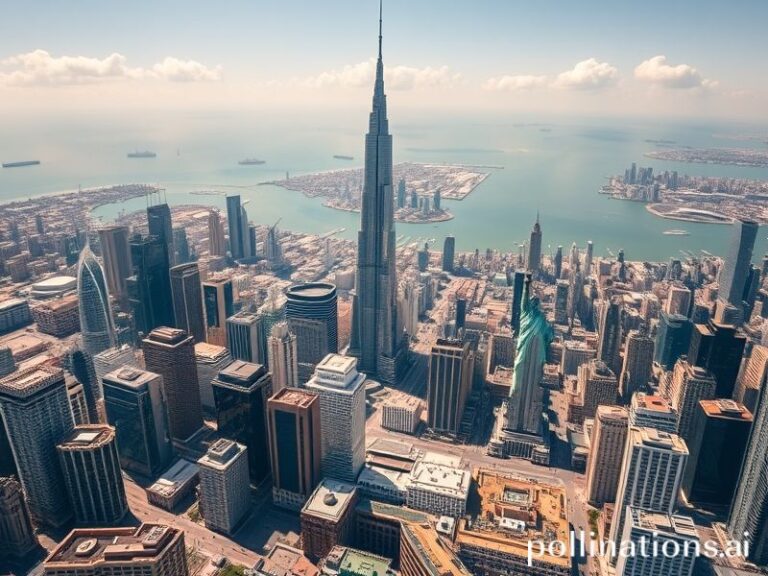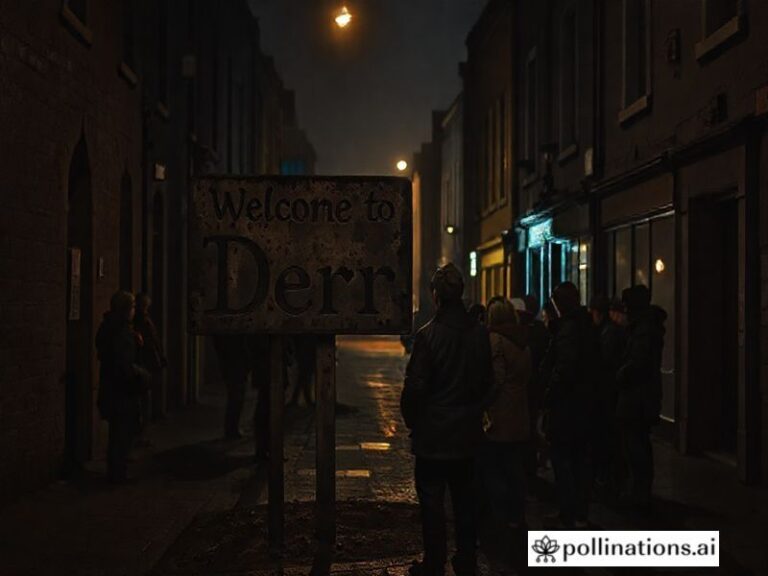school closures today
**Title: “School’s Out (Forever?): The Global Phenomenon of School Closures in 2023″**
Alright, folks, gather ’round. We’re not here to talk about the usual “back-to-school” shopping sprees or the eternal struggle of packing lunches. No, today we’re diving into a trend that’s been making waves globally: **school closures**. And no, we’re not talking about snow days or teacher strikes. We’re talking about the kind of closures that have parents scrambling, kids either rejoicing or protesting, and governments scrambling to figure out what to do next. So, why is this happening, and why should you care? Let’s break it down.
### **The Global Classroom Shutdown: Why It’s Trending**
First things first, let’s address the elephant in the room. Why are schools closing left and right? Well, it’s not just one reason. It’s a perfect storm of factors that’s got everyone from Tokyo to Toronto talking.
1. **The Aftermath of the Pandemic**: Remember when we all thought 2020 was the worst year ever? Well, it seems like its legacy is still haunting us. Many schools are still dealing with the fallout from COVID-19, whether it’s staff shortages, lingering health concerns, or just plain old burnout. Some places are seeing a resurgence of cases, while others are dealing with new variants. Either way, it’s not exactly a conducive environment for learning.
2. **Climate Change Chaos**: From wildfires in Australia to hurricanes in the Caribbean, climate change is making its presence known. Schools are closing not just because of the immediate danger but also because of the long-term impact on infrastructure and resources. It’s hard to focus on algebra when the roof is caving in, you know?
3. **Political and Social Unrest**: Let’s be real, the world’s a bit of a hot mess right now. Protests, strikes, and political upheaval are causing disruptions in education systems worldwide. Whether it’s teachers demanding better pay or students advocating for change, schools are often caught in the crossfire.
4. **Tech Takes Over**: And then there’s the elephant in the room—technology. With the rise of online learning platforms, some are questioning whether traditional brick-and-mortar schools are even necessary anymore. Sure, it’s convenient, but is it really the same as sitting in a classroom with a teacher? The debate rages on.
### **The Cultural Context: More Than Just a Trend**
School closures aren’t just a logistical headache; they’re a cultural phenomenon. They reflect broader societal issues and values. In some countries, education is seen as a sacred right, and any disruption is met with outrage. In others, it’s more about adaptability and finding alternative solutions.
Take Japan, for example. Schools there are often closed due to natural disasters like earthquakes or typhoons. But what’s fascinating is how the community comes together to support students during these times. It’s not just about the education; it’s about resilience and unity.
Meanwhile, in the U.S., school closures have become a political battleground. From debates over mask mandates to discussions about the role of technology in education, it’s clear that this issue is about much more than just keeping kids safe. It’s about values, priorities, and the future of society.
### **The Social Impact: Who’s Winning and Who’s Losing**
So, who’s benefiting from all these school closures? Well, it’s a mixed bag.
**The Winners:**
– **Tech Companies**: Online learning platforms are seeing a boom. Companies like Zoom, Google Classroom, and Khan Academy are raking in the dough as schools scramble to find digital solutions.
– **Parents Who Work from Home**: For some, school closures mean extra quality time with the kids. Others are just grateful for the break from the morning rush.
– **Environmentalists**: Fewer schools mean fewer buses, less pollution, and a smaller carbon footprint. Silver linings, folks.
**The Losers:**
– **Students**: Let’s face it, not everyone thrives in an online learning environment. Kids from low-income families or those with limited access to technology are at a serious disadvantage.
– **Teachers**: They’re already overworked and underpaid. Now they’re expected to pivot to online teaching with little to no support. It’s a recipe for burnout.
– **The Economy**: School closures mean parents have to take time off work, which impacts productivity and, ultimately, the economy.
### **Why This Topic Matters**
At the end of the day, school closures are more than just a trend. They’re a reflection of the times we live in—a world grappling with health crises, climate change, political unrest, and technological disruption. They force us to ask tough questions about the future of education, the role of technology, and how we can create a more equitable system for all.
So, whether you’re a parent, a student, a teacher, or just someone who cares about the future, this is a topic worth paying attention to. Because the way we handle school closures today will shape the world of tomorrow.
—
**







